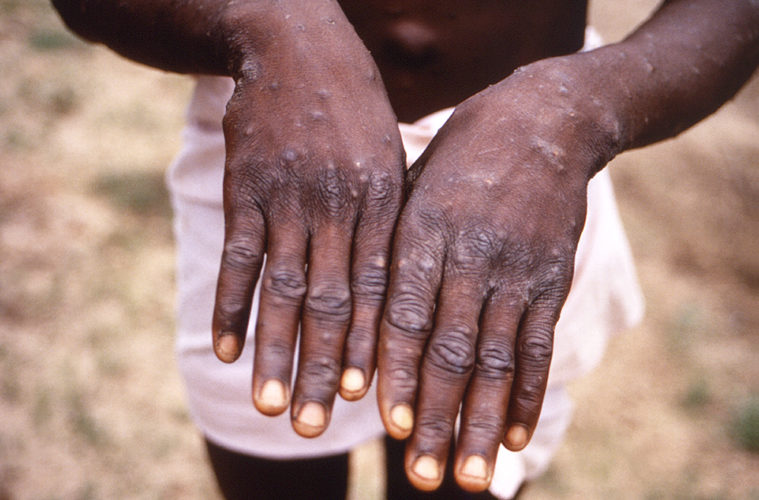The first recorded death due to Monkeypox came from an L.A. County resident who worked in health care.
Both the L.A. Department of Public Health and Centers for Disease Control and Prevention confirmed the death Monday without giving many details about the person’s identity, other than they were a health care worker who was immunocompromised.
“The resident was severely immunocompromised and had been hospitalized,” Public Health Medical Director Rita Singhal said during the L.A. County Supervisors meeting Tuesday. “To protect confidentiality and privacy, additional information on this case will not be made public.”
It is believed that the exposure came from the resident’s place of work, although it is not yet clear how.
A Texas resident infected with Monkeypox died in August, although it is still being investigated to confirm if it was due to the virus, or because of the patient’s immunocompromised state.
The world has seen 57,995 reported cases of Monkeypox with the U.S. reporting 221,985 cases.
In L.A. County, there have been 1,889 cases, with 66 leading to hospitalizations and the one death, as of Monday, Sep. 12.
The county had seen Monkeypox cases reach more than 200 in every week of August, but it is believed the 150 cases at the start of September marked the start of a declining trend. The week ending September 10 saw only 61 new cases, the lowest since the week ending July 9 (46).
Exposed individuals typically begin seeing symptoms seven to 10 days after exposure. Receiving the Monkeypox vaccine within four days and typically no later than 14 days after exposure, may keep a person from receiving the virus, or at the very least reduce the severity of the infection.
Monkeypox symptoms can cause bumps, pimples, blisters, scabs, rashes or bumps filled with fluid, usually found near one’s genitals, anus, mouth, hands, feet, chest, face, or even throughout the whole body. These skin conditions may become painful, more likely if located within the mouth or anus.
Symptoms can last up to four weeks and may be contagious until all the skin conditions have healed and reformed a new layer of skin.
The spread of Monkeypox occurs through intimate skin-to-skin contact with an infected individual.
The Monkeypox vaccine eligibility extends to gay, or bisexual men, transgender individuals who have sex with men, people who engage in transactional sex, people living with HIV, or anyone who believes they may have had skin-to-skin contact with an infected person.
Advertising disclosure: We may receive compensation for some of the links in our stories. Thank you for supporting LA Weekly and our advertisers.

